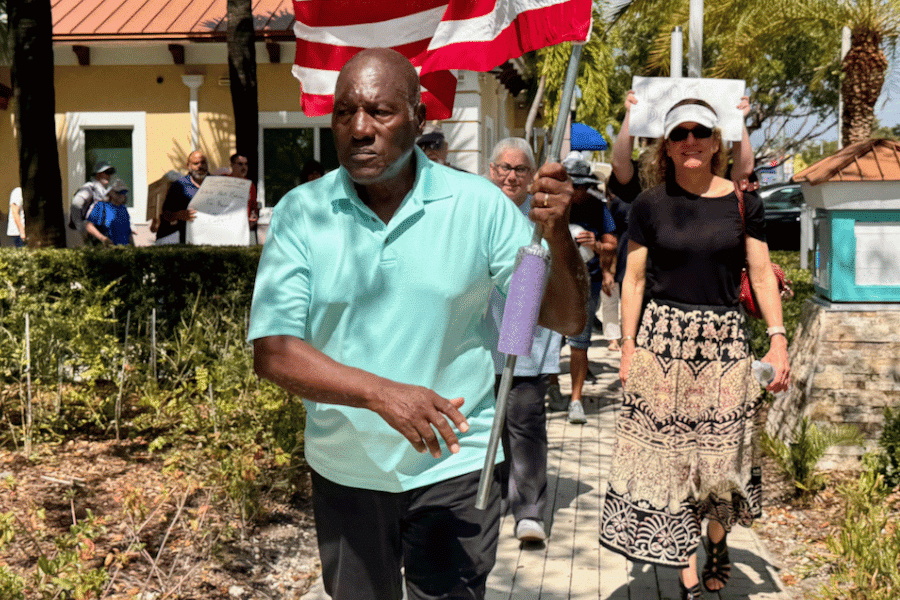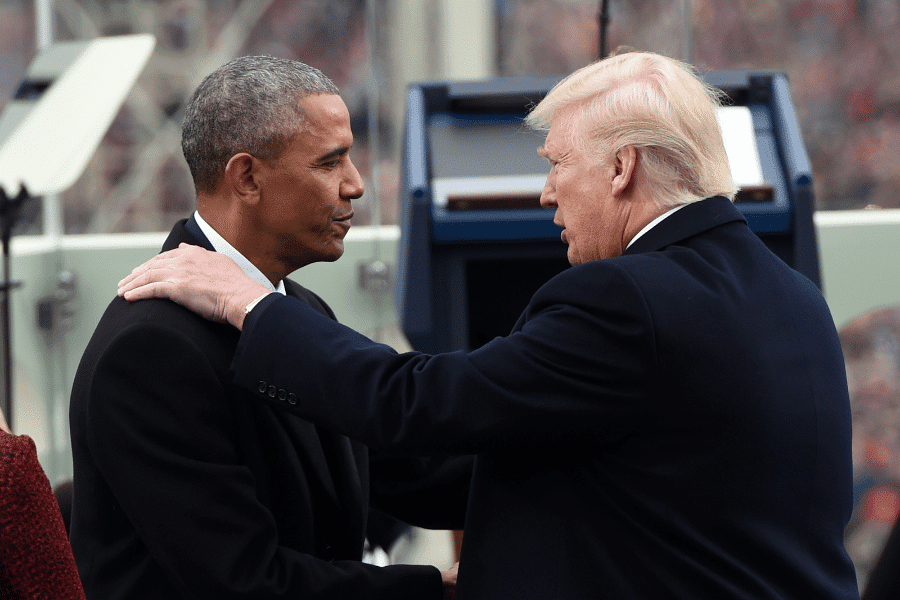
by Ben Barber | 2 Apr 2025 | Decoder Replay, History, Politics, United States
Donald Trump commands some 200,000 U.S. troops in more than 125 military bases in 149 countries. Why are they there in the first place? U.S. Defense Secretary Pete Hegseth salutes U.S. troops at Camp Aguinaldo in Quezon City, Philippines, 28 March 2025. (AP...

by Tira Shubart | 28 Mar 2025 | Decoders, Europe, History, Human Rights, Journalism, Politics
As the threat of tyranny rises across the world, the United States has pulled funding of Radio Free Europe and other networks that broadcast dissident voices. Alsu Kurmasheva, an editor for the U.S. government-funded Radio Free Europe/Radio Liberty’s...

by Katharine Lake Berz | 24 Mar 2025 | History, Human Rights, Politics
Marvin Dunn’s unlikely revolution in Republican Florida. Marvin Dunn marching in Florida on 16 March 2025. (Credit: Katharine Lake Berz) This article was produced exclusively for News Decoder’s global news service. It is through articles like this that News...

by Gene Gibbons | 16 Jan 2025 | Decoders, Government, History, Politics, United States
For a democracy to last, its leaders must willingly step down and the transition from one to the next must be smooth and bloodless. Then-President Barack Obama shakes hands with President-elect Donald Trump during the presidential inauguration at the U.S. Capitol in...

by Jonathan Lyons | 2 Oct 2024 | History, Journalism, Politics, Wh-Y Vote
U.S. presidents have often twisted the truth. But Donald Trump has flooded the media with falsehoods in a unique challenge to democratic institutions. Republican presidential nominee former President Donald Trump speaks during a campaign rally at Bayfront Convention...





